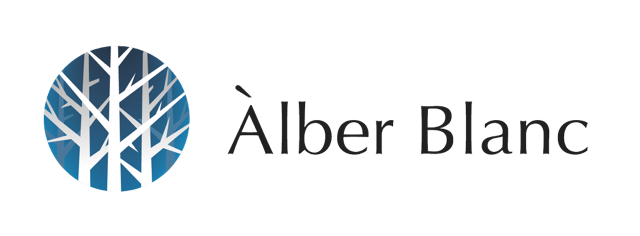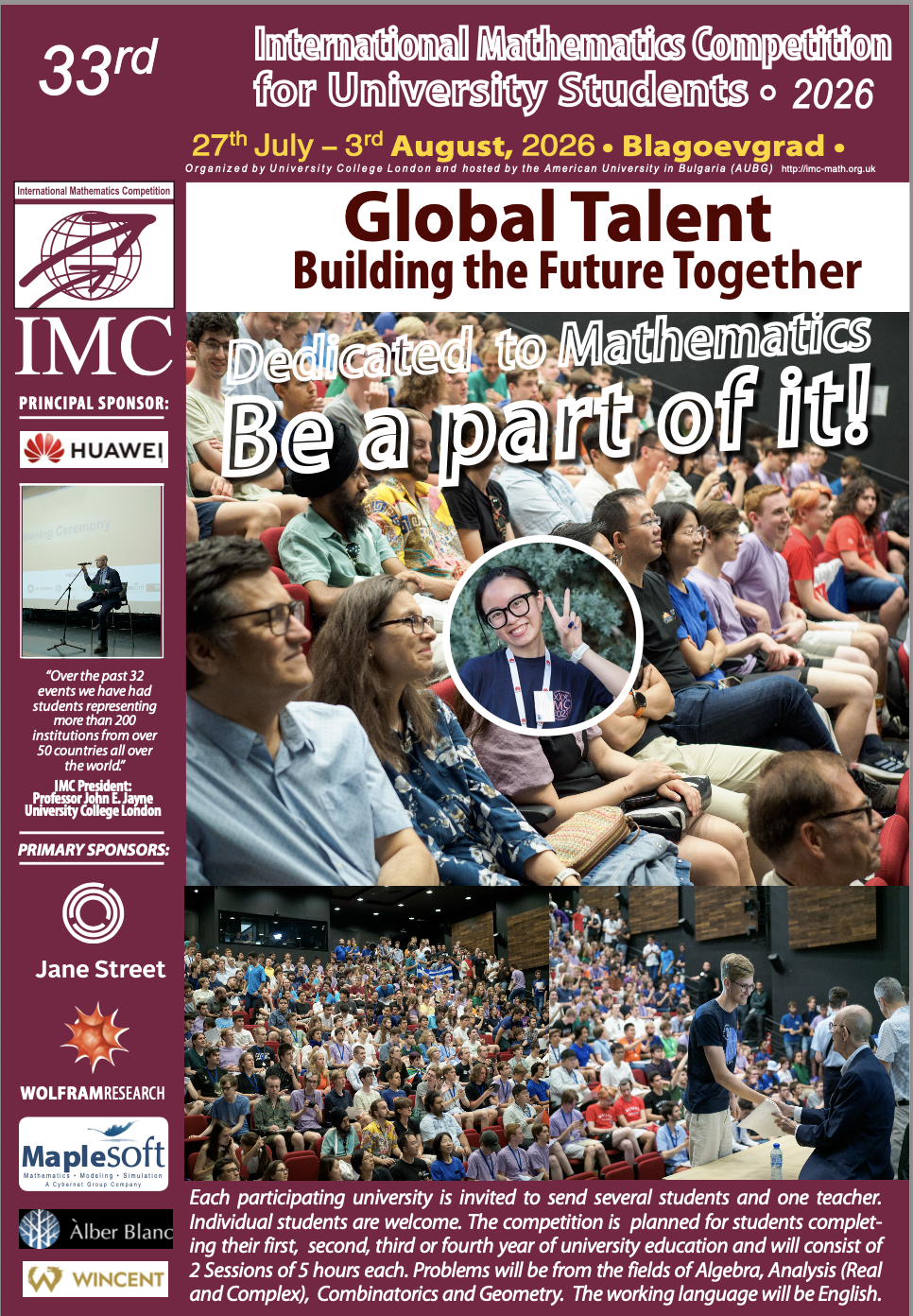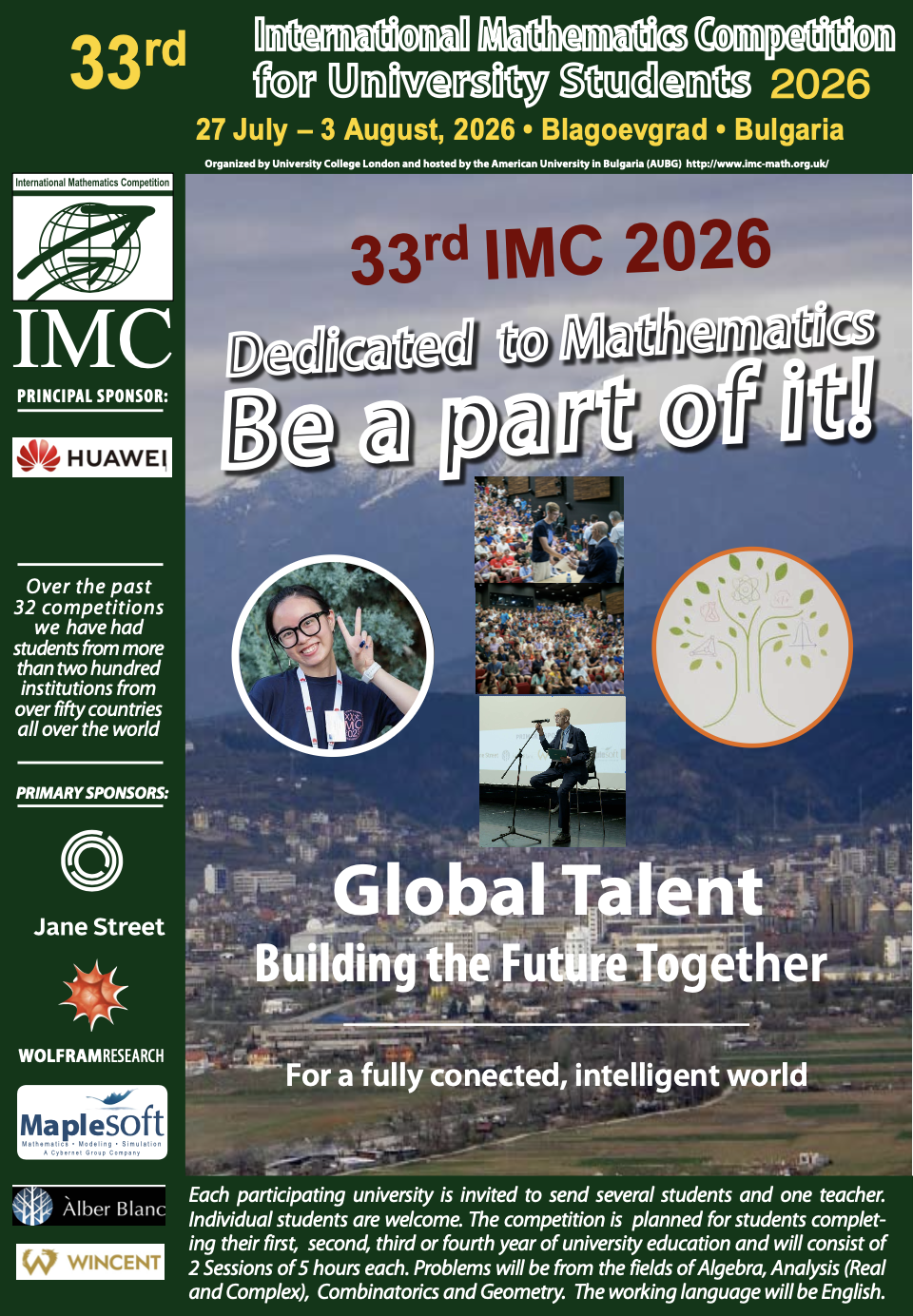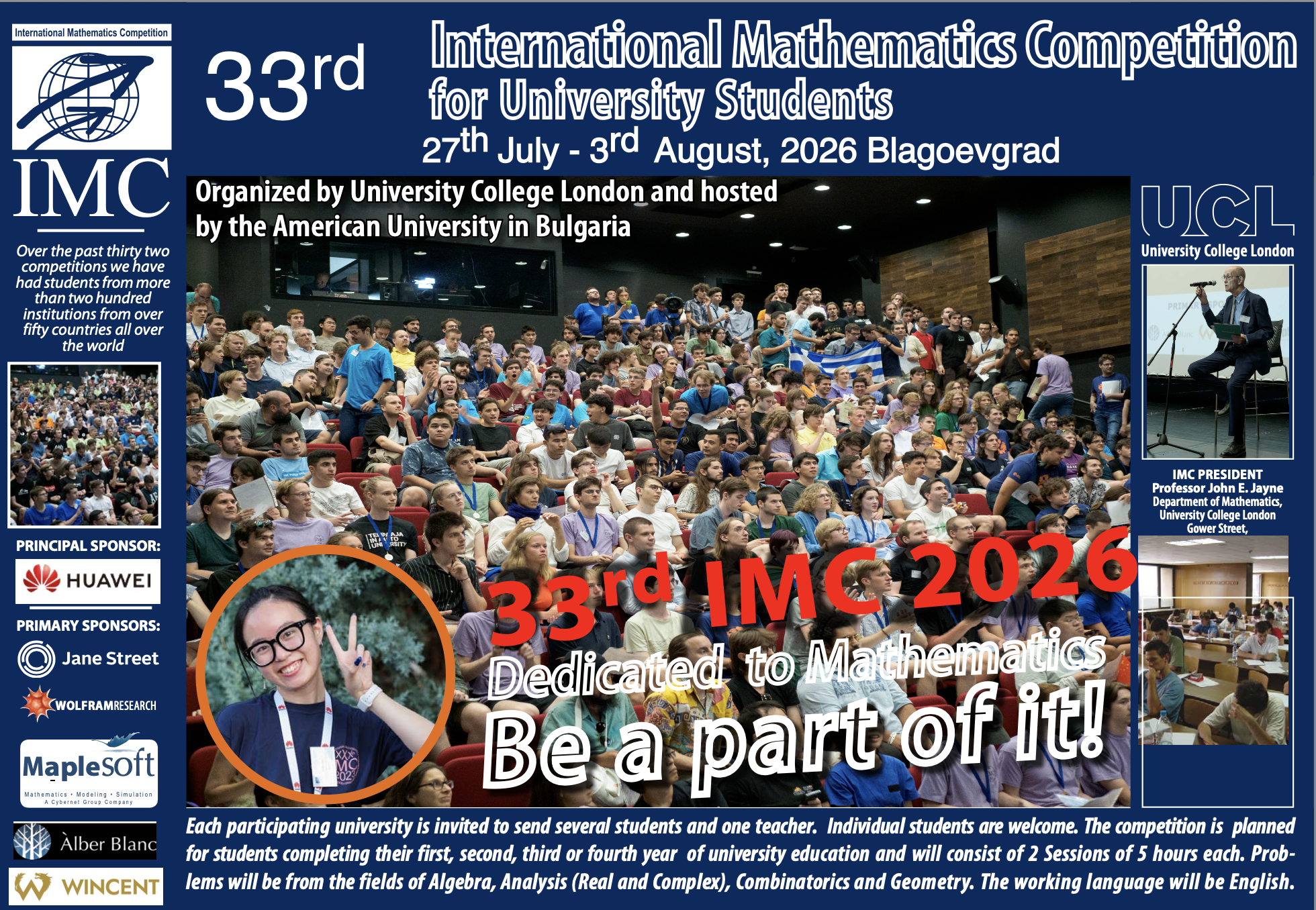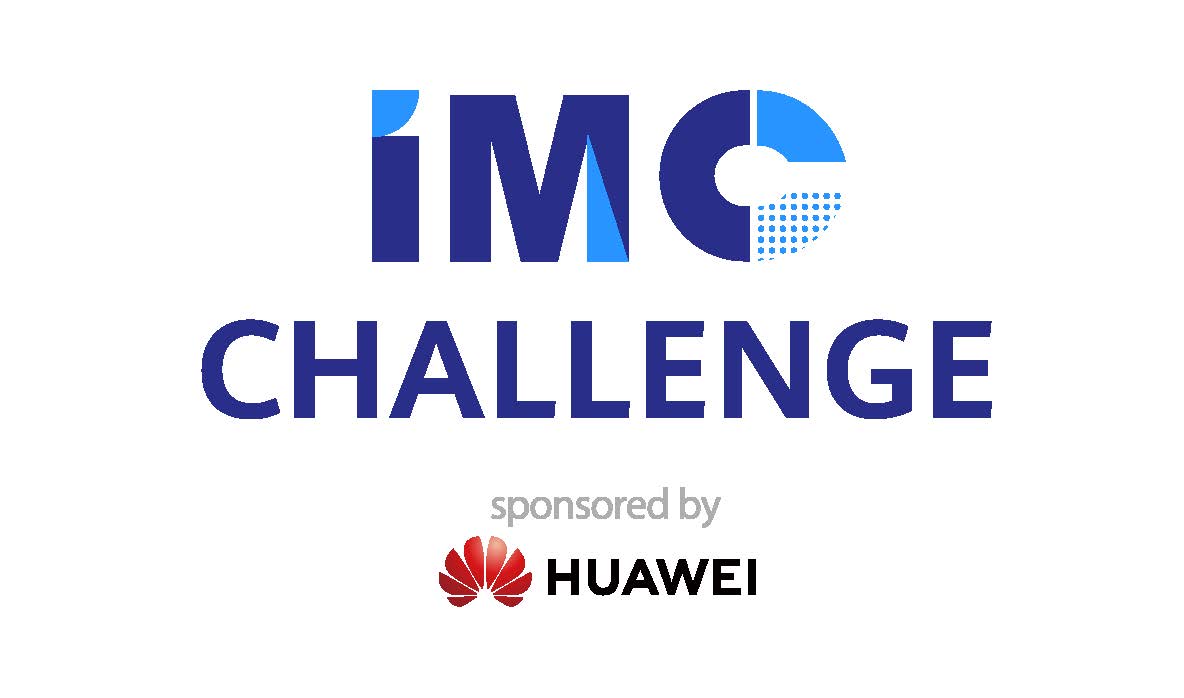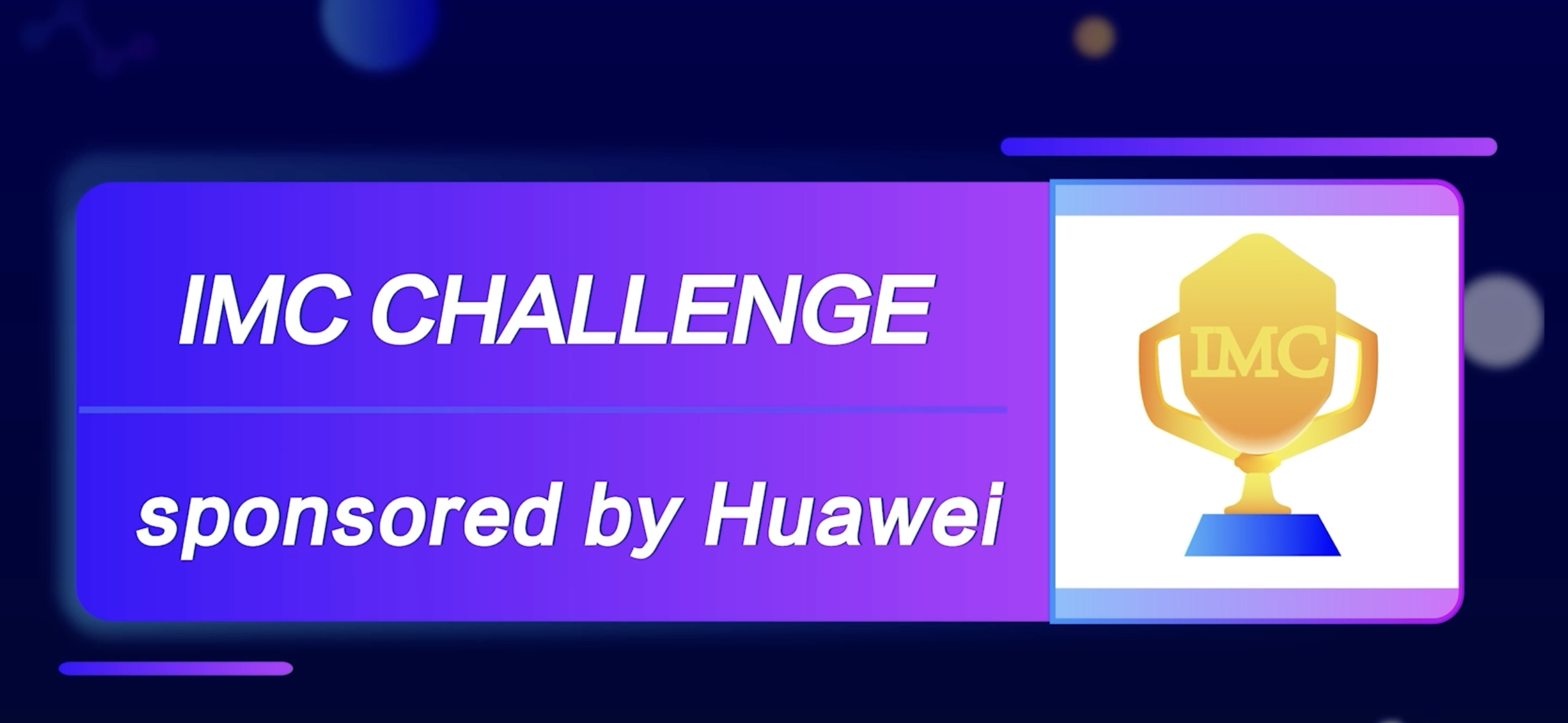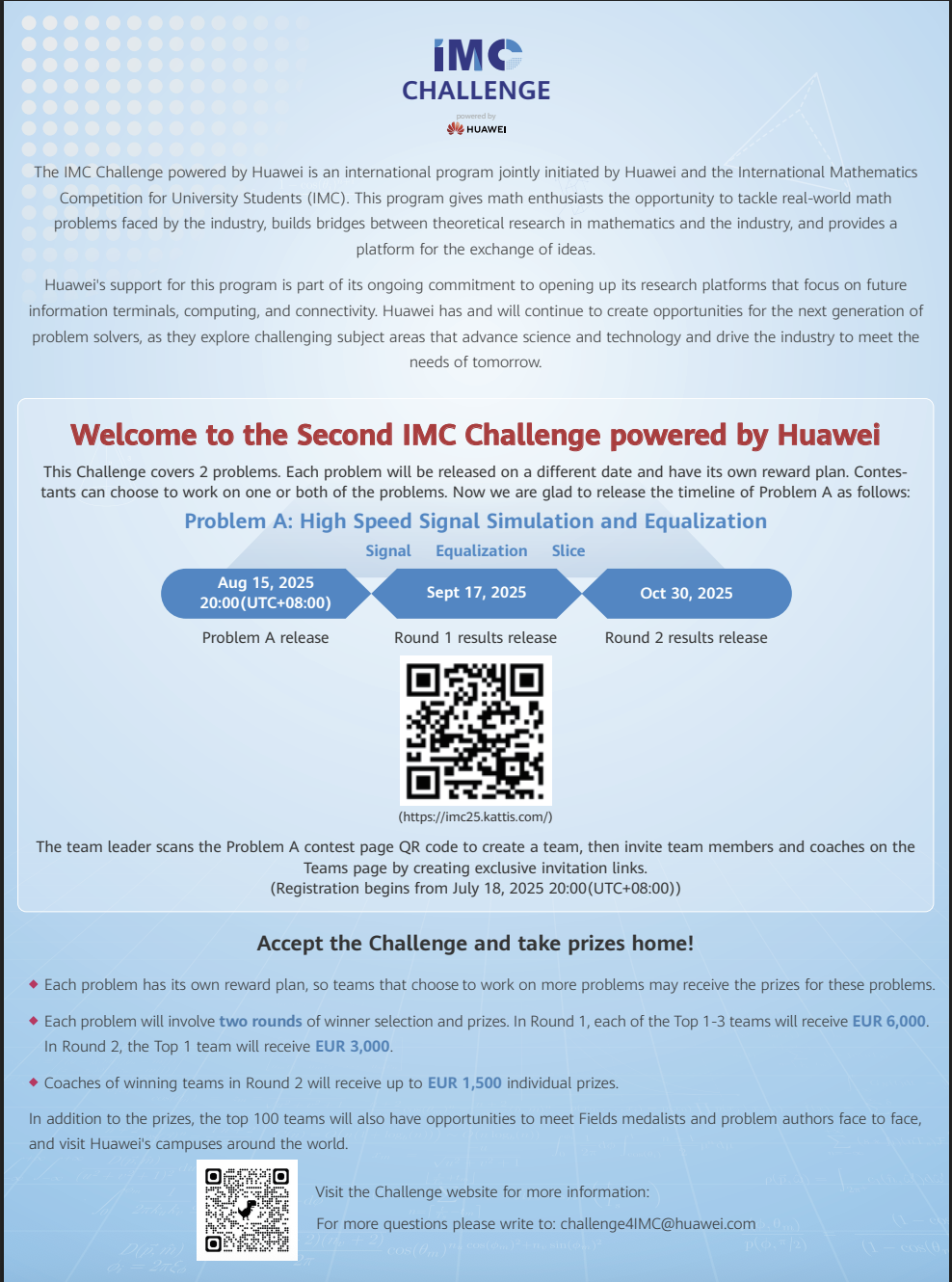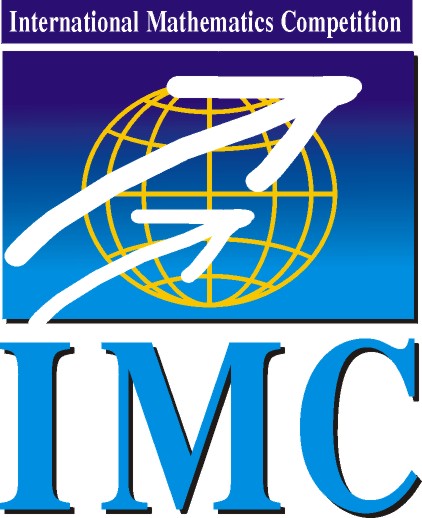
|
International Mathematics Competition
|
IMC 2026 |
| Information | Schedule | Contact | Travel | Register |
33rd IMC 2026Blagoevgrad, Bulgaria27th July - 3rd August 2026IMC 2026 On-line Registration Now Open |
||||||
|
||||||
32nd IMC Video and Photo GalleryIMC2025 Opening Ceremony Highlights IMC2025 Huawei Barbecue Party IMC2025 Alber Blanc Barbecue Party IMC2025 Closing Ceremony Highlights Opening Ceremony Huawei Barbecue Party Alber Blanc Barbecue Party Closing Ceremony 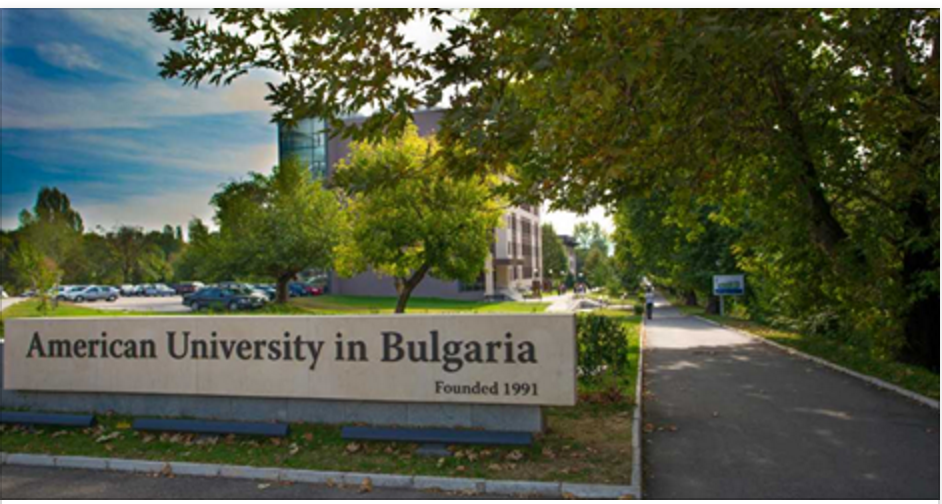
AUBG Tour, Blagoevgrad |
This year's competition will be organized by University College London and will be hosted by the American University in Bulgaria. It will take
place in Blagoevgrad, Bulgaria, 27 July - 3 August 2026.
Traditionally every participating university sends several students and one or more Team Leaders. Individual students and teams of students, with or without a Team Leader, that do not represent any university are also welcome. Each Team Leader is required to have completed a PhD degree or equivalent, hold an academic position in some university level institution, and participate in the marking of the work of all participants. The competition is planned for students completing their first, second, third or fourth year of university education with a maximum age of participants being 23 years of age at the time of the competition, although some exceptions can be made. There is no minimum age limit. Problems are from the fields of Algebra, Analysis (Real and Complex), Geometry and Combinatorics. The working language is English. This is a residential competition and a condition of participation is that all participating students stay in the Hall of Residence provided by the organisers. Over the past thirty one competitions we have had participants from over two hundred institutions from over fifty countries. Selection of the Problems The problems are chosen at the Meeting of the Jury from those received in advance by the President of the Jury, Professor John Jayne. Evaluation The students' work is evaluated by Team Leaders and other Professors and Assistant Professors using criteria provided by the Jury. Each Team Leader is required to have completed a PhD degree or equivalent, hold an academic position in some university level institution. Groups Although this is an individual event, the Universities traditionally divide their participants into groups of four each. The number of students in the teams is, however, not fixed. IMC Focus The International Mathematics Competition (IMC) is dedicated to offering university-aged mathematics students a unique opportunity. It fosters an inclusive, safe, and supportive environment where participants can engage in challenging competitions, forge friendships with fellow mathematicians worldwide, and explore global employment prospects for those with mathematical expertise. The IMC extends a warm welcome to all university-level mathematics students and their respective institutions. Independent of any governmental support or influence, the IMC maintains a neutral stance on national and international political conflicts and wars. Committed to promoting diversity and inclusion, the IMC does not discriminate based on factors such as skin colour, ethnicity, nationality, religious beliefs, or political affiliations. We uphold a code of conduct that emphasises mutual respect and encourages a collaborative and friendly learning atmosphere. IMC Ethics Committee Bulgaria: 10 Intriguing Facts You May Not Know |
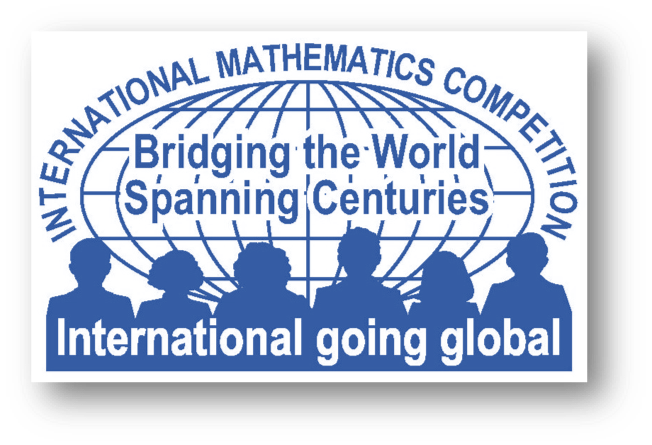
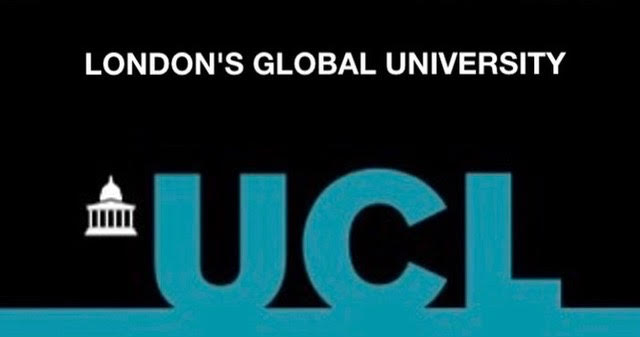
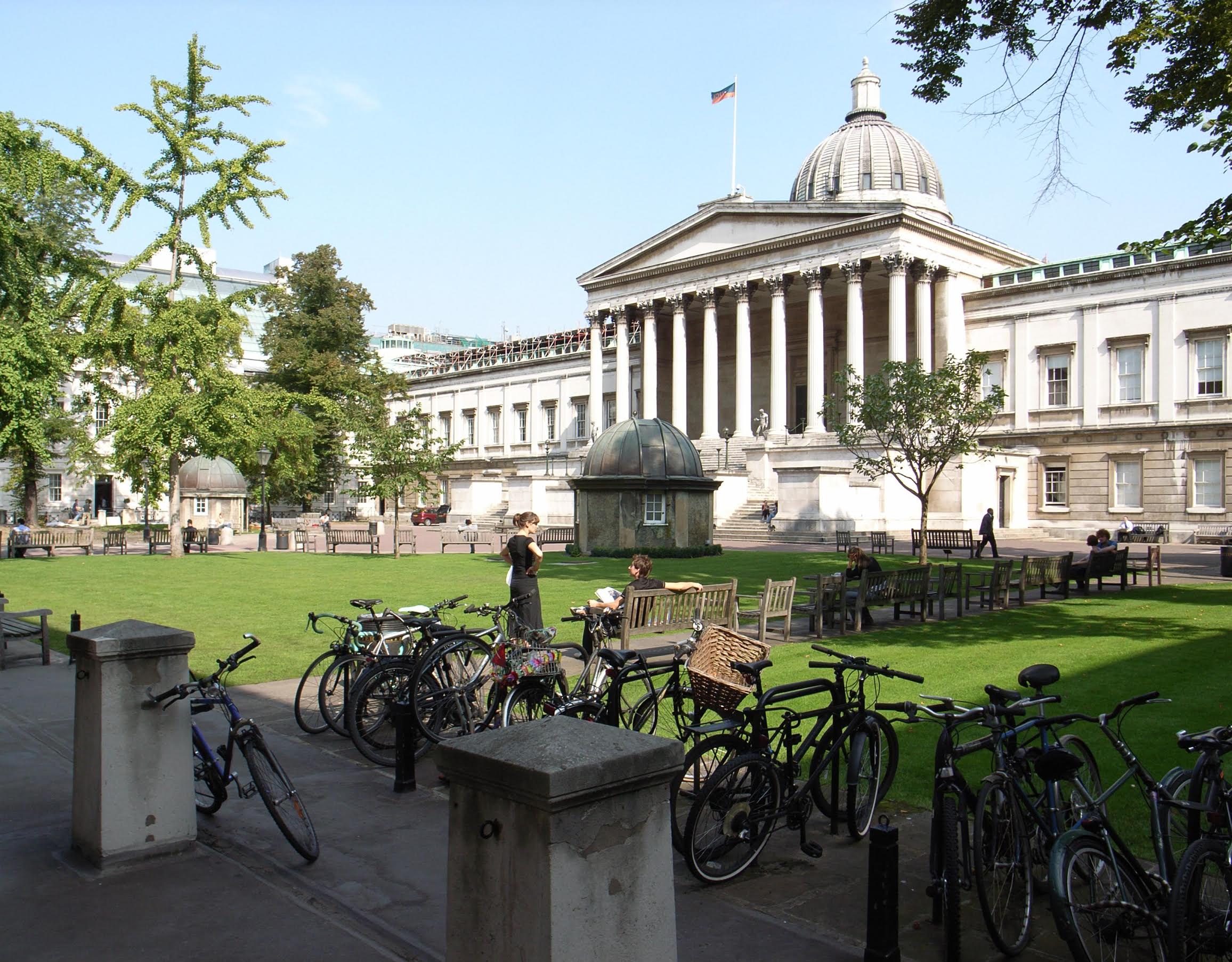
UCL - London’s Global University |
||||
|
|
||||||
© IMC

